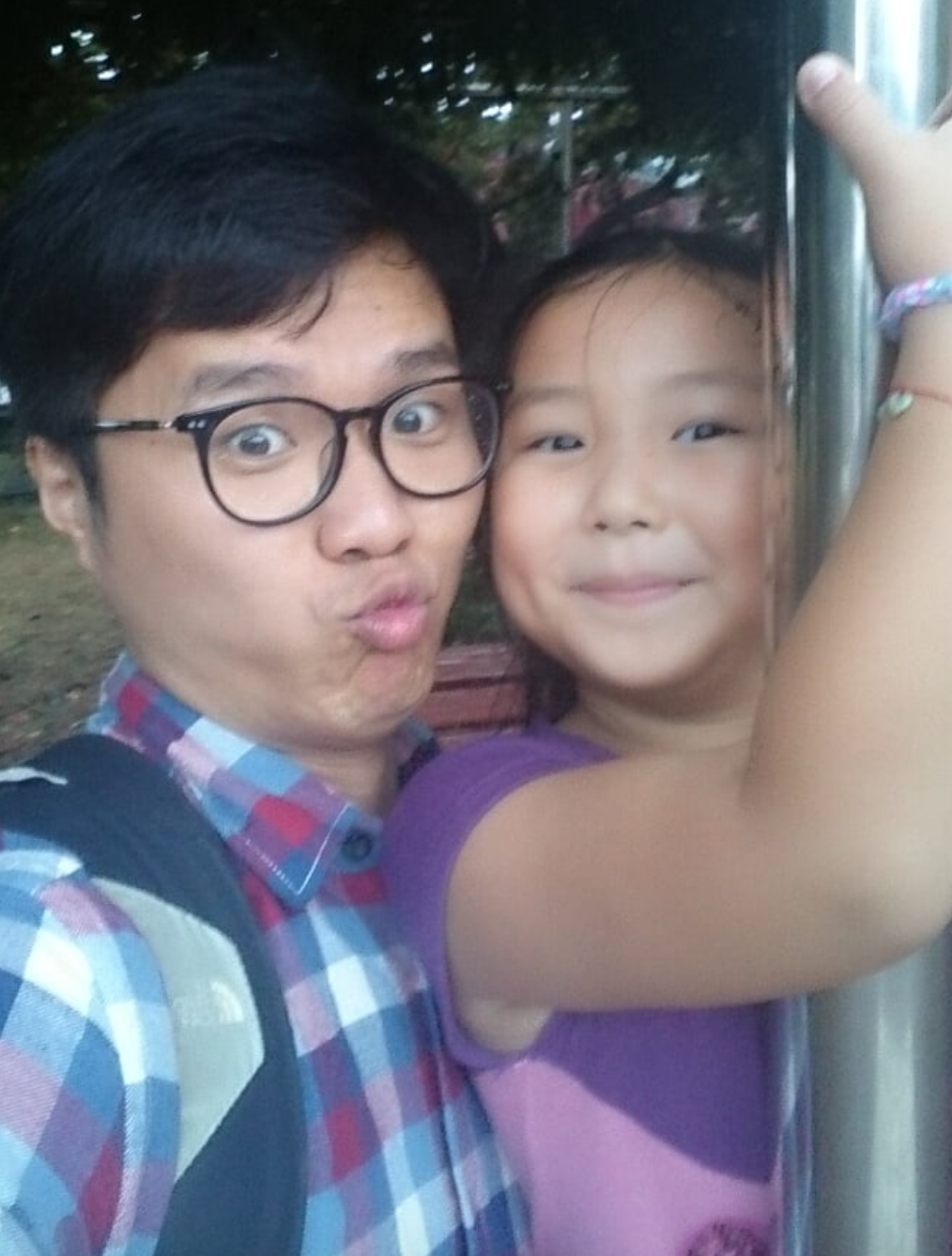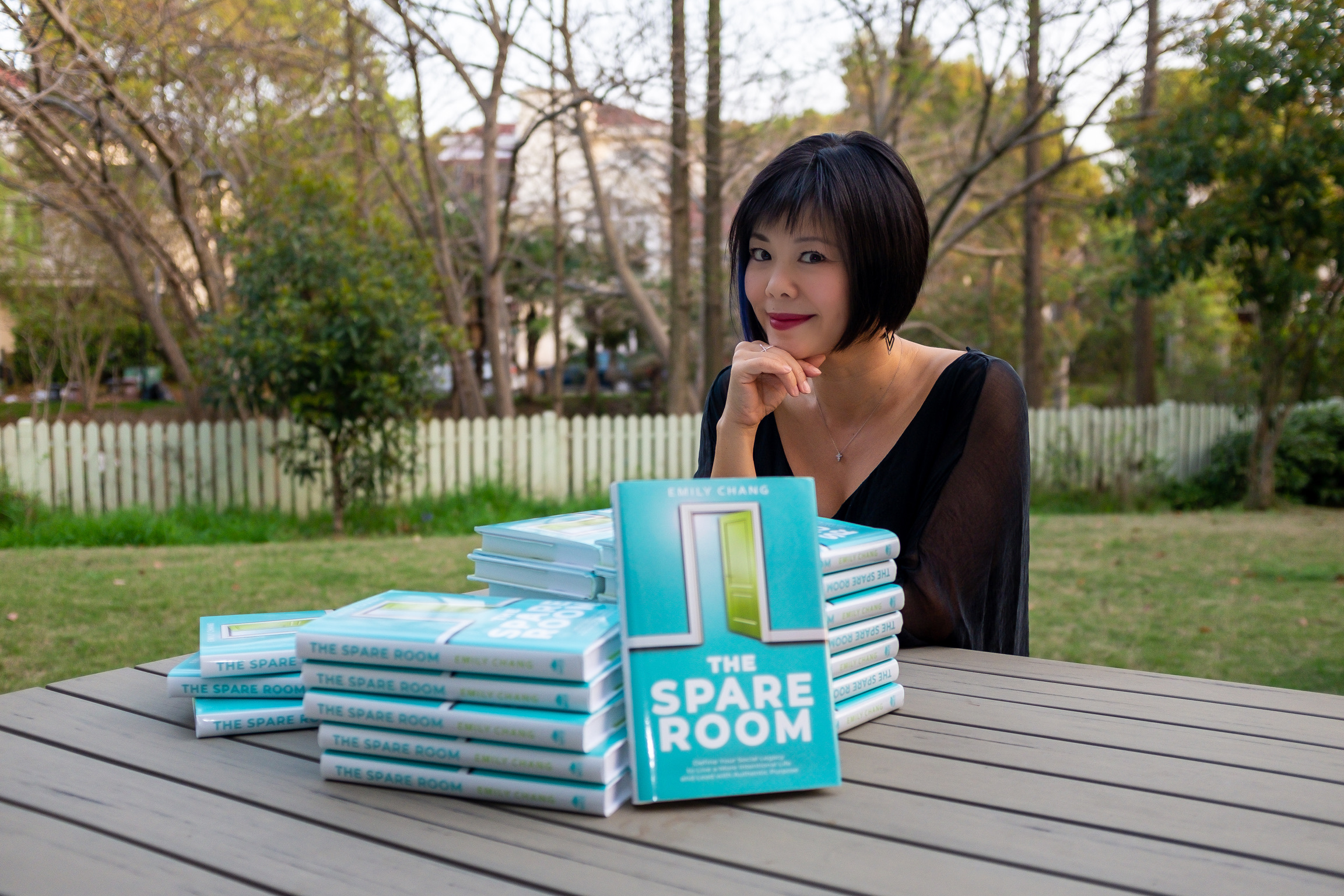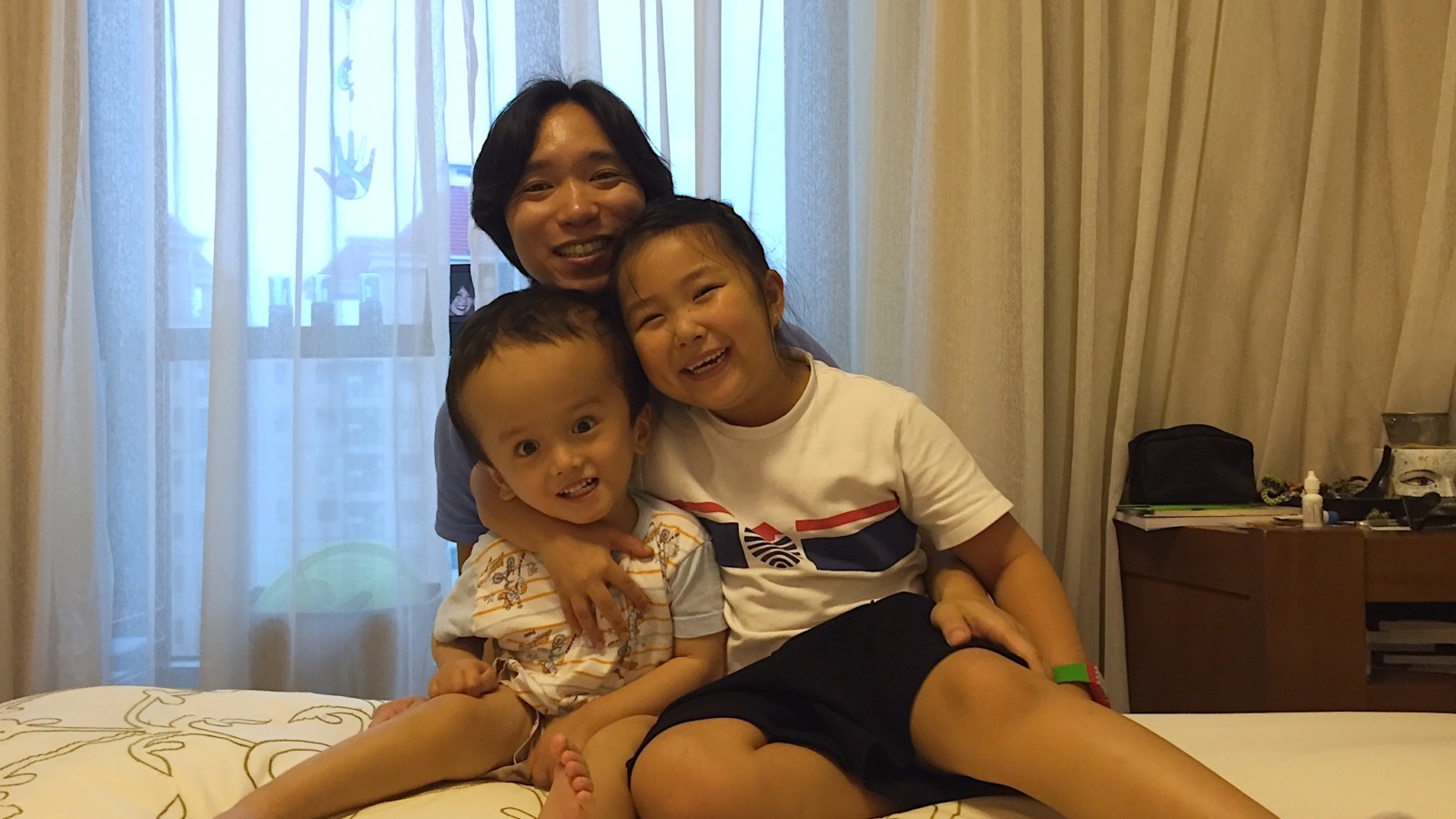Over the past 21 years, our family has cared for 16 babies, kids and the occasional young adult in our Spare Room. And through those experiences, we’ve learned a lot about how to create a culture of belonging for the kids staying in our Spare Room.
These aren’t just orphaned or vulnerable young people… for the most part, they’re also strangers. So, how have we helped our Spare Room occupants feel welcomed, not as a guest, but as part of our family?
1. Use inclusive language.
Instead of pausing to ask someone, “Would you like to join us?” simply proclaim, “Let’s go!”
In 2012, we welcomed Lexi to our Spare Room, a teenage girl we barely knew. We did our best to include the quiet girl without overstepping her personal space. And through this experience, we learned a valuable lesson.
Asking Lexi if she’d like to join us on a family activity actually isolated her by calling out her difference vs. the group, even with the best of intentions. On the other hand, when we naturally assumed she was part of us and embraced her with casual, familiar language, she felt much more at ease.

What I learned: Resist the impulse to “separately include” another. Instead, consider how we might embrace another by cultivating a language of belonging.
2. Mind the optics.
Plan ahead with consideration, to ensure no one is accidentally called out or left out.
In 2018, we cared for Lotus in our Spare Room, a girl who was preparing for the Zhong Kao, an important Chinese exam that earns entry into high school. This meant that she often stayed at school until after 7PM.
On occasion, Lotus would arrive after an event had started, then have to scramble for a seat. Though we were delighted to include her, we didn’t always plan well enough to avoid uncomfortable logistical rearrangements and awkward, unwanted attention on her behalf.

What I learned: Think ahead, ensuring enough seats, space, and consideration for those joining the group. Planning ahead will ensure they feel a sense of belonging and care.
3. Acknowledge the contribution.
No one wants to feel like a burden, so, a great way to help folks feel a sense of belonging is to highlight their contributions to the group.
In 2010, Jaesin lived in our Spare Room. He was pretty self-sufficient and as one of our older occupants, required very little support. In fact, he adored Laini and often delighted her with little surprises. On weekends, I often noticed a bowl of watermelon salad thoughtfully left in the fridge, each black seed carefully extracted.
Intentionally noticing and expressing gratitude for Jaesin’s consideration highlighted his contributions to our family. We wanted to stress that not only was he not a burden in our home, but that his very presence enriched it.

What I learned: acknowledge the quiet contributions and celebrate the unsung heroes! Helping them feel valued and appreciated will foster a true sense of belonging.
To read more about the kids in our Spare Room, click here. To follow my blog, check out www.social-legacy.com or find me on FB/IG @thespareroombook.

#diversityandinclusion #belonging #sociallegacy #myspareroom #thespareroombook


